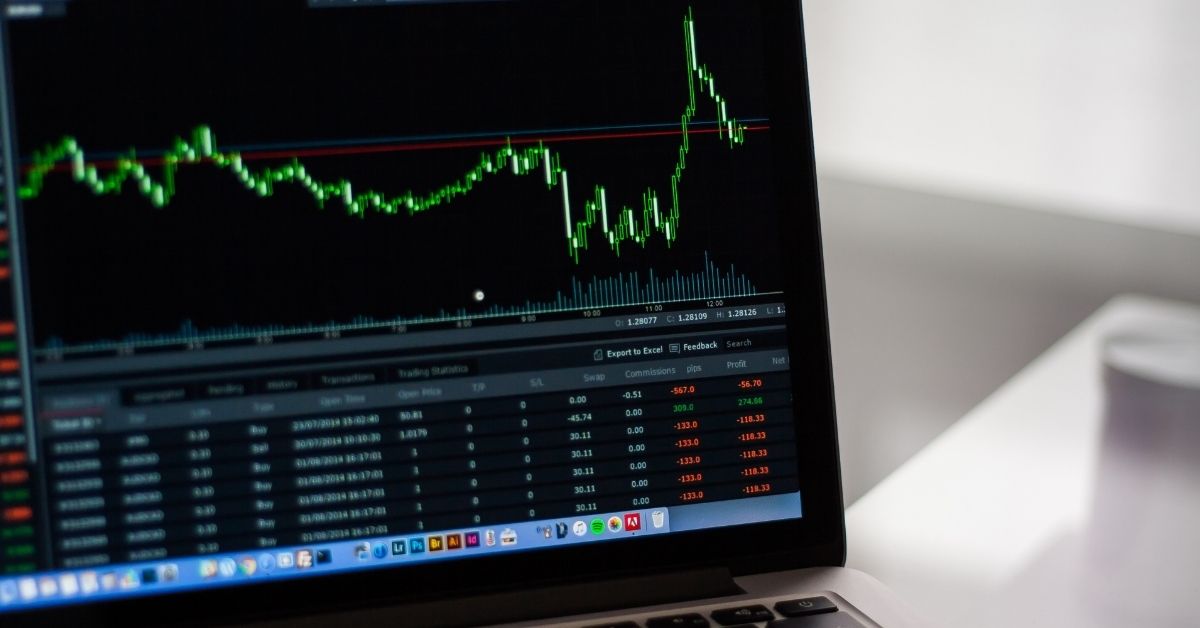GameStop, Gambling, and Stewardship
Was GameStop stock really worth $483 a share? Did the trading platform Robinhood unjustly halt buying on 1/28/21 of GameStop and other stocks caught in the trading frenzy? For doing so was Robinhood like the legendary Robinhood or more like the Sheriff of Nottingham? Should Reddit and other online forums be regulated? Was GameStop’s trading over the last several days a “rage against the machine” and a way for the “little guy” to make a buck at the expense of hedge funds? Doesn’t the GameStop saga, the shorting of stocks and stock options in general just support the notion that investing is basically gambling?
This whole GameStop trading narrative is quite entertaining and far from over. While many podcasts, blogs, and commentaries about it have been produced and specifically address these questions, this blog seeks to clarify the difference between investing and gambling.
Would GameStop’s recent manic trading be investing or gambling?
It’s probably more like gambling. The online community of one of Reddit’s forums, R/WallStreetBets, rallied to drive up the stock price up to retaliate against hedge funds who sold short the stock of the video game retailer and forced them to take a major loss. Hedge funds bet or speculated its price would go down; they gambled and lost.
Investing isn’t looking for a quick buck; it is about real growth, real innovation, and real economic gains. It is about people employed and companies growing by offering competitive goods and services, all of which produce a thriving society. One hopes that by owning a company or shares in a company, some of the wealth that the company produces will come back to them. The economic reality is that over time investors have done well by leaving their money invested in the stock market.
Stewardship, the purposeful management of money, relates to investing in that it prioritizes thrift, savings, and growth. It understands the fluctuations of the markets, that there are factors and forces that are outside their control or expectation, and that you’re not guaranteed anything. Good stewardship invests in things of value that strives towards common human flourishing and a rising economy for all.
For the steward wisely investing his money, gambling is a pejorative. Gambling is either based on “luck” and/or the fact that the vast majority has to lose money for some or one to win. With investing, all can share profits and benefit from growth. Not so with gambling; many lose for there to be a winner. Gambling is akin to speculating that something will be worth more or less in the future and acting on it. It’s usually not concerning for the long-term but has a short timeframe. Its avarice cares not the damage it leaves in its wake.
Rightly understood, the stock market is neither a “casino” nor anything tantamount to gambling. Can would-be investors “gamble” there? Sure. There are legal strategies whereby one can speculate on future values and either win or lose big. Back in the 1990s, Alan Greenspan spoke of “irrational exuberance” and sometimes that “irrational exuberance” actually turns into very rational disappointment.
What can be learned from the GameStop story?
Economist Lawrence Summers once asserted, “Most investors want to do today what they should have done yesterday.” Don’t give in to FOMO (fear of missing out) when you see stocks rise quickly. FOMO can cause people to abandon fundamental principles and buy or sell at inappropriate times. Understand that greed is a terrible motivator and causes some to get pinched in the short squeeze by buying an overpriced stock only to have it plummet when the bubble bursts. As Sir John Templeton warned, “The four most dangerous words in investing are: ‘this time it’s different.'” As the rise and fall of GameStop stock price shows, this time wasn’t different.
I had a client recently ask me what effect the GameStop saga had on her portfolio. I was happy to announce, “Nothing.” At Stewardship Advisors, we don’t “gamble” with other people’s money. We aren’t looking for a quick pop or fast buck. We purposefully manage the assets we have been entrusted to multiply them, not as a result of “luck” or causing the demise of others. And we certainly aren’t going to be like the legendary Robinhood and steal from the rich to give to the poor, nor be a Wolf of Wall Street.
